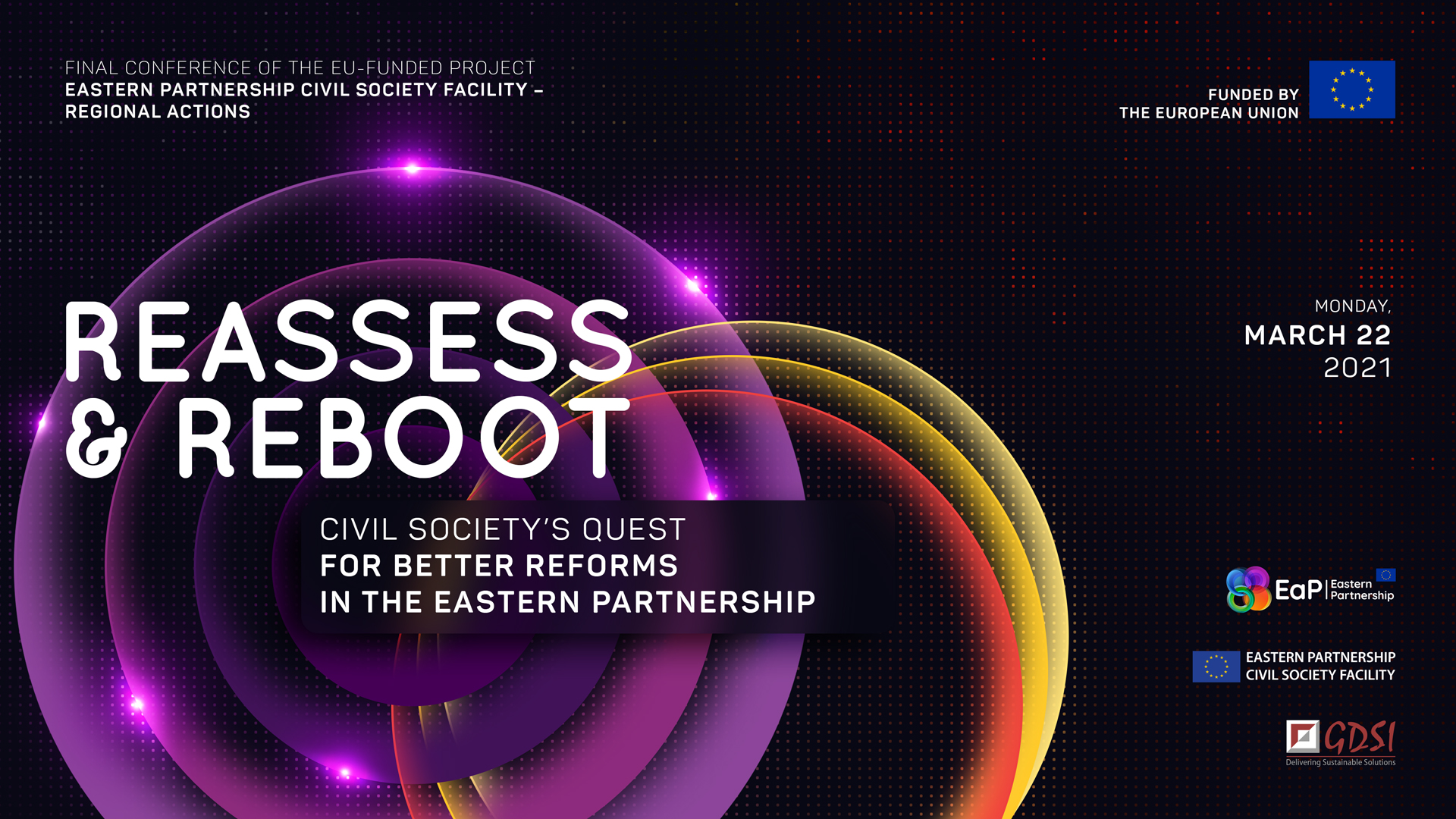by Stas Ghiletchi, Local Correspondent from Moldova
 Public Administration Reform in Moldova has been a priority on the political agenda of successive governments in the past 10 years. Poor performance of governmental institutions in delivering public services and failures in managing state owned enterprises served as incentive to design an ambitious reform agenda of the public sector. While almost everybody agrees with the fact that public service delivery needs to become more efficient and transparent, usually the efforts of reforming public administration are met with resistance from inside of bureaucracy, but also from the outside. It is not easy to rewrite procedures and change habits that have been established over dozens of years, but if government does not change the way it delivers information and deals with its people, then citizens will continue to lose faith in government’s ability to meet their daily needs.
Public Administration Reform in Moldova has been a priority on the political agenda of successive governments in the past 10 years. Poor performance of governmental institutions in delivering public services and failures in managing state owned enterprises served as incentive to design an ambitious reform agenda of the public sector. While almost everybody agrees with the fact that public service delivery needs to become more efficient and transparent, usually the efforts of reforming public administration are met with resistance from inside of bureaucracy, but also from the outside. It is not easy to rewrite procedures and change habits that have been established over dozens of years, but if government does not change the way it delivers information and deals with its people, then citizens will continue to lose faith in government’s ability to meet their daily needs.
In order to better understand the state of reform of the Moldovan Public Administration and what is the pace of innovation and digitization, the local correspondent talked with Adrian Ermurachi, Deputy Secretary General of the Government (pictured below).
EaP Local Correspondent: Public administration reform has been one of the main priorities of the Moldovan Government over the past 10 years. In your opinion, what achievements in this field can be called the most prominent?

Adrian Ermurachi: Public administration reform has been and remains a priority task implemented and adopted by the Government, in recent years it has been motivated and accelerated by Moldova’s desire for European integration and the need to link the processes and functioning of public authorities to high standards. These aspects have been developed, especially in the latest Public Administration Reform Strategy for 2016-2020, focused on the fulfillment of the obligations of the Moldova-EU Association Agreement and on the recommendations formulated by SIGMA. Compared to the previous reform cycle, the Strategy focuses primarily on citizens and the efficiency of public services, including in terms of accessibility, complexity, cost, and satisfaction of citizens’ needs.
According to recent internal and external assessments, as well as to recent developments, we can confidently say that the modernization of public services is one of the areas in which prominent achievements have been made. Digital tools, government platforms, the re-engineering of public services, and the introduction of electronic signatures have led to streamlined processes and savings for the state budget. Therefore, the results of the 2020 Annual Survey Report directly reflect people’s opinions on the modernization process of public services and provide relevant data on citizens’ perception, assimilation, and support. Thus, the level of access to government e-platforms has increased significantly (by 3 times in the last 8 years) and the share of people who accessed government e-services was 32%. At the same time, about 63% of the population considers that implementation of e-Government will bring benefits to citizens, among the main expected benefits being the reduction of costs associated with getting a service and the elimination of corruption.
EaP Local Correspondent: Despite a strong desire to strengthen the strategic planning system and to improve the process of public policy development, there is still a big number of strategic documents. What is the reason and what actions/steps do you intend to implement to make decisions more comprehensive and coordinated?
 Adrian Ermurachi: The reform of the national strategic planning system, which has begun some time back, is a long-term process that involves more than just developing the necessary regulatory framework and establishing clear rules of the game for everyone. It is a much broader process that requires, above all, the political will to adopt a new planning system approach, the willingness of decision-makers to accept and assume the changes, and the ability of the executors to implement the new approach into the developed and implemented public policies.
Adrian Ermurachi: The reform of the national strategic planning system, which has begun some time back, is a long-term process that involves more than just developing the necessary regulatory framework and establishing clear rules of the game for everyone. It is a much broader process that requires, above all, the political will to adopt a new planning system approach, the willingness of decision-makers to accept and assume the changes, and the ability of the executors to implement the new approach into the developed and implemented public policies.
We are now at the beginning of the path, on the first phase of the implementation of the new national strategic planning system approved by the Government in the mid-2020. Over the next two years we intend to go through a transition period together with the central administrative authorities, which will be focusing on building capacity and strengthening the strategic planning, clarifying and adjusting internal mechanisms, and improving cooperation with partners at every stage of the process planning. We strive to achieve specific goals during this period, which will improve the effectiveness and quality of the public policy developed, awareness of the real financial and non-financial opportunities to implement public policy, the maximum correlation with the available structure of resources. And one of the goals will inevitably be to optimize the number of public policy documents.
EaP Local Correspondent: Development partners/international organizations have played an important role in supporting the reform of the public administration, including with substantial financial resources. How would you describe this engagement between the Moldovan Government and the development partners? And what are some (if any) important projects being implemented at the moment or planned in the near future?
Adrian Ermurachi: The Government has consistently received support from the development partners in the process of implementing public administration reform, which is carried out both centrally and locally. Among the most important implemented projects, we would like to note the support of the German Government offered through the German Development Cooperation (GIZ), which supported the activities of the Centre for Reforms’ Implementation in achieving the goal of reform and creating a modern and efficient public administration system.
The EU High Level Policy Advice Mission also has made a significant contribution to the implementation of the government reform program and, in particular, to strengthening the capacity needed to implement the Association Agreement, including a Deep and Comprehensive Free Trade Area, as well as to ensure the post-liberalization regime.
Strengthening of institutional and human capacities of public administration at central and local levels, support of public authorities in developing the strategic framework of public administration reform, development of more efficient policies, restructuring and modernization of the administrative system in accordance with the European principles of public administration are the main objectives of another technical assistance on Project Support to Public Administration Reform process, funded by the European Union.
At the same time, we highlight the availability of the development partners for support in various external assistance projects, empowering the local public administration, optimization of activities, modernization of public services, professional development, strengthening of financial management, assets, human resources management, such as UNDP Moldova (MiDL), USAID (My Community), the EU Delegation to Moldova, the Embassy of the Polish Republic (Solidarity Fund) and GIZ.
EaP Local Correspondent: How does the government cooperate with citizens and civil society and how has the quality of this cooperation changed (if at all) in recent years?
Adrian Ermurachi: In recent years, the Government has made progress in diversifying and improving the mechanisms that will provide all the necessary preconditions for a constructive dialogue between public authorities at all levels and the private sector, social partners, and civil society. Partnerships with civil society organizations focus on promoting various forms of participation in the development, implementation, and evaluation of public policies, while the environment for civil society participation in development cooperation is quite complex.
At different stages, the changes that took place in the society in general, as well as the evolution recorded in the dialogue with partners from the associative sector, caused the need to create and activate several platforms, such as National Participation Council (CNP), National NGO Council, National Youth Council of Moldova, National Platform of the Eastern Partnership Civil Society Forum, EU-Moldova Civil Society Platform and the Platform for Gender Equality. Thus, while initially the communication was largely focused on the general aspects of public consultations in accordance with the public interest at the stage of their development, later the dialogue with CSOs progressed in terms of participation in complex processes aimed at sustainable development and monitoring.
 Currently, there are various tools for dialogue, consultation and involvement of the private sector, social partners and CSOs in sustainable development in Moldova, including participation of non-state actors in public institutions, public consultations, joint meetings, independent evaluations and joint thematic commissions. A systematically used tool is the online platform www.particip.gov.md for public consultation on all draft decisions and laws on the government agenda, which has recently been updated and modernized in light of requests from civil society, so it has become a much more informative and interactive portal with innovative tools and consultation options.
Currently, there are various tools for dialogue, consultation and involvement of the private sector, social partners and CSOs in sustainable development in Moldova, including participation of non-state actors in public institutions, public consultations, joint meetings, independent evaluations and joint thematic commissions. A systematically used tool is the online platform www.particip.gov.md for public consultation on all draft decisions and laws on the government agenda, which has recently been updated and modernized in light of requests from civil society, so it has become a much more informative and interactive portal with innovative tools and consultation options.
In the future relationship between the government and the civil society, we want to maximize the use of existing tools and mechanisms to strengthen an effective and reliable partnership based on permanent principles and based on communication, cooperation and consensus.
EaP Local Correspondent: Mr. Ermurachi, thank you very much for your time and answers.
This article was produced by Stas Ghiletchi, the Project’s local correspondent and EaP Civil Society Fellow from Moldova in the framework of the EU-funded ‘Eastern Partnership Civil Society Facility – Regional Actions’ Project. Its contents are the sole responsibility of Stas Ghiletchi and do not necessarily reflect the views of the European Union or the Project.
Read more about our local correspondents here.




